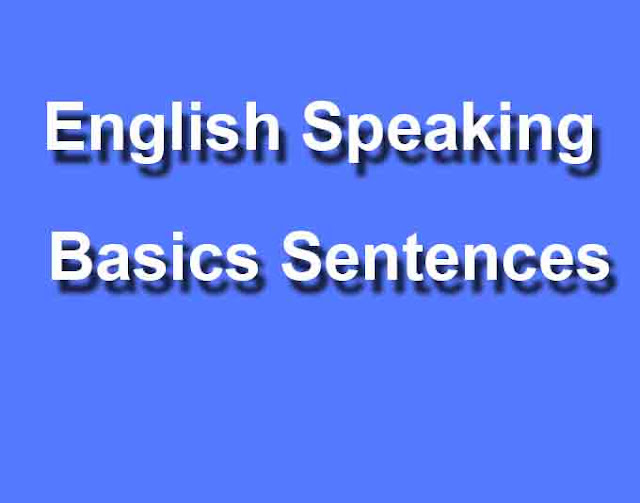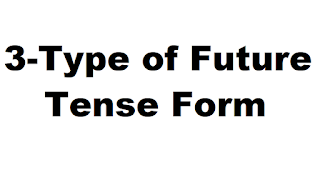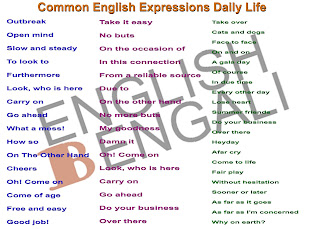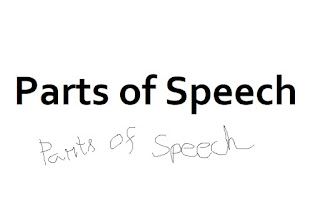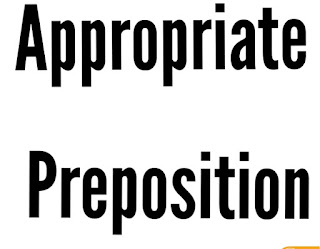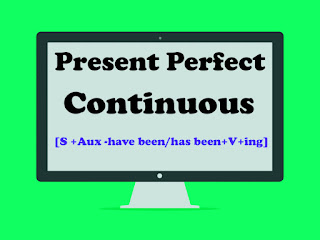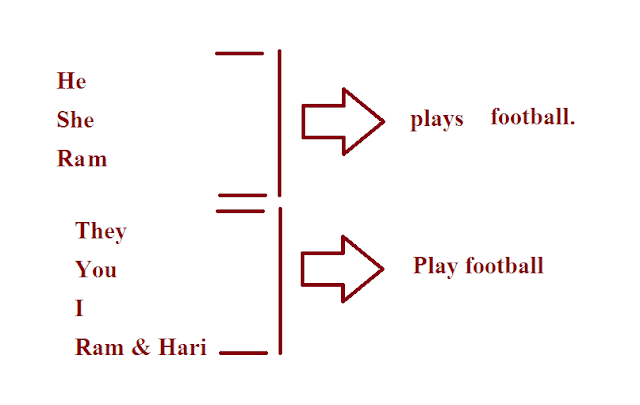1. Fundamental utilization of 'I'm'
2. Varieties of 'I'm in/at/on'
3. I'm acceptable at
4. I'm + (action word)
5. I'm getting
6. I'm attempting + (action word)
7. I'm going to + (action word)
8. I have + (thing)
9. I have + (past participle)
10. I used to + (action word)
11. I need to + (action word)
12. I wanna + (action word)
13. I gotta + (action word)
14. I might want to + (action word)
15. I plan to + (action word)
16. I've chosen to + (action word)
17. I was going to + (action word)
18. I didn't intend to + (action word)
19. I don't have the opportunity to + (action word)
20. I vow not to + (action word)
21. I'd preferably + (action word)
22. I feel like + (action word ing)
23. I can't help + (action word ing)
24. I was occupied + (action word ing)
25. I'm not used to + (action word ing)
26. I need you to + (action word)
27. I'm here to + (action word)
28. I have something + (action word)
29. I'm anticipating

